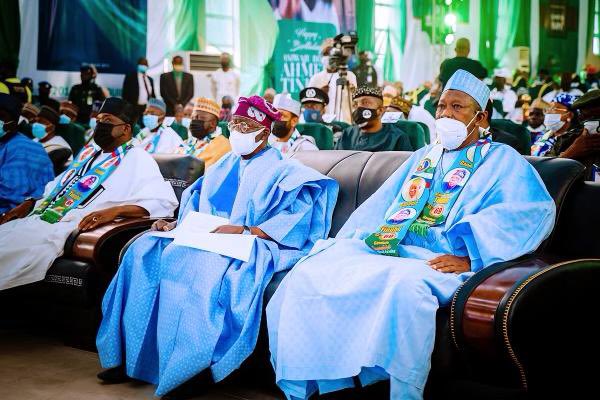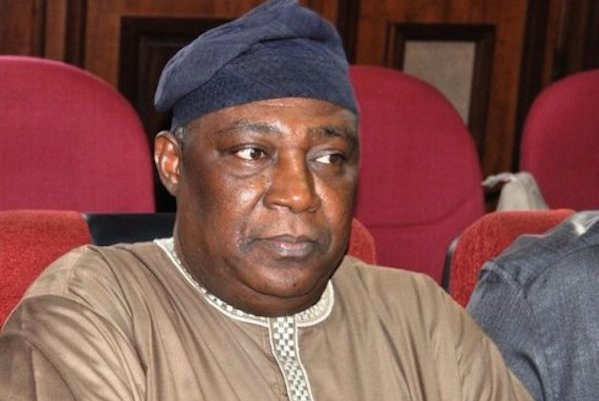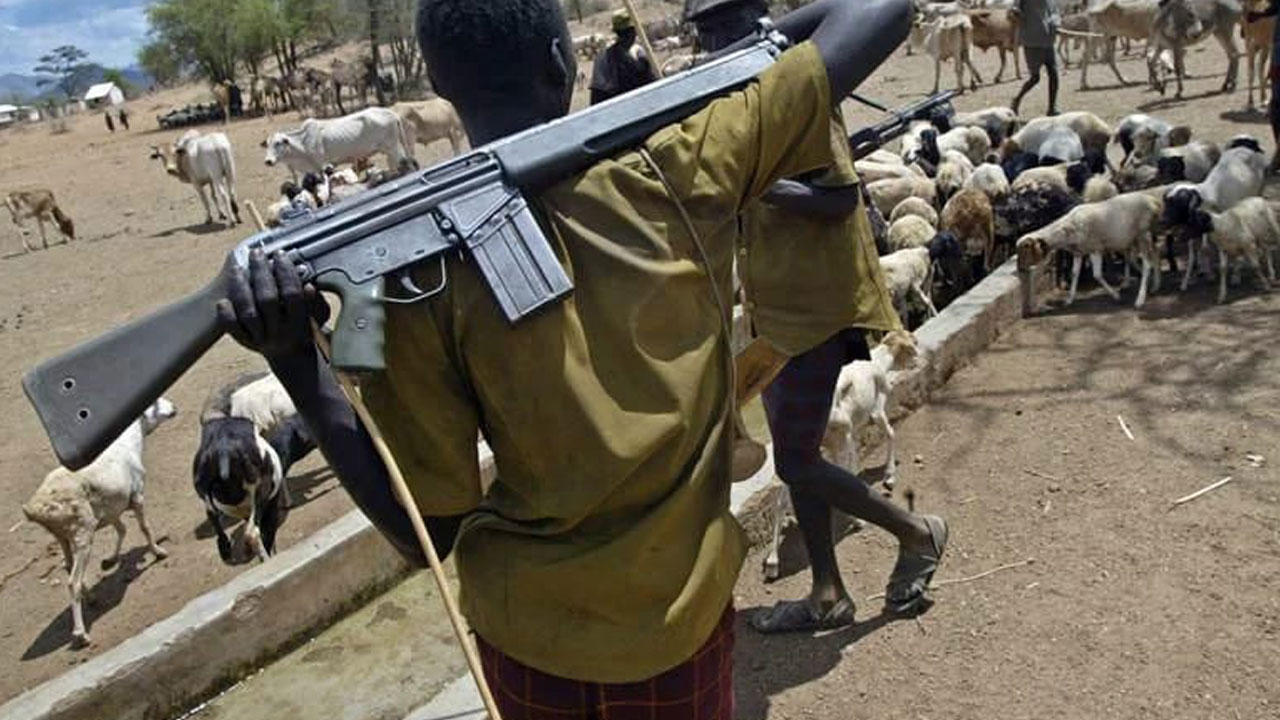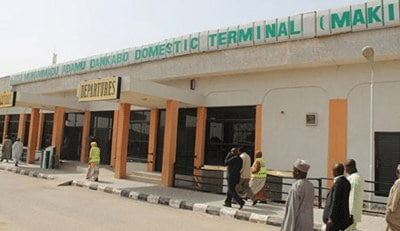Tinubu Colloquium: National cohesion critical to Nigeria’s economy – Scholar

Kingsley Chukwuka
Dani Rodrik, a Ford Foundation Professor of International Political Economy at Harvard’s John F. Kennedy School of Government, has said the lack of social and national cohesion is a challenge for economic growth in Nigeria.
He said this is not a problem only in Nigeria or Africa but is also experienenced in advanced democracies.
“Africa only suffers more because of its ethnic-religious-linguistic divisions”.
The Professor said this while delivering his keynote address during the 12th Annual Bola Tinubu Colloquium, which held on Zoom this year due to Covid-19 restrictions.
With the theme, “Our Common Bond, Our Common Wealth: The Imperative of National Cohesion For Growth and Prosperity”, Doni said Social Cohesion has divided Nigerias.
When answering the question, “Is diversity a curse?” the Professor said the countries that are much more diverse or fragmented in terms of ethinic linguistic groups tend to perform worse in terms of economic development.
“The general message is that counties that are more fractionalised in terms of ethinic groups or with much more ethnic heterogeneity tend to have high levels of poverty and deprivation and low levels of economic growth and productivity.
“Many African countries fall in this group. There is evidence that ethnic-religious-linguistic divisions leads directly to racism, discrimination, low trust, poor social outcomes, under-provision of collective, public goods, inequality, low growth ethno-national chauvinism, divisive politics, nativist (right-wing) populism and bad politics.
“On average, participatory democracies produce greater economic stability and (perhaps) higher economic growth. They are better at avoiding large mistakes and they respond to external shocks better, especially in divided societies.”
The Professor argued that democracy is the best way to ensure national cohesion, using the example of how democratic countries had responded better to the COVID-19 pandemic than authoritarian regimes.
“It is important to emphasise that democracy is not only about elections. It is about protecting the rights of the minority including the rights of the ethinic and religious minorities,” he said.
While delivering his address at the event, President Muhammadu Buhari said despite reccuring tensions in the country characterised ethnic and religious differences, Nigerians are better off and stronger together.
The President said this of Asiwaju Bola Tinubu: “This has been a constant factor in his outstanding political career, from the time he served in the short-lived senate of the Third Republic to his involvement in the struggle for the actualisation of the June 12 mandate of the late Chief MKO Abiola, to his much-acclaimed period of service as Governor of Lagos State from 1999 to 2007.
“The ranks of Asiwaju’s political collaborators, whether as party members, comrades in the struggle, members of his cabinet, or his advisers, assistants and political associates, have always reflected a pan-Nigeria attitude. I believe all of us here can also confirm that the same outlook of Asiwaju Bola Tinubu and other like-minded Nigerians eventually made possible the coalition of four political parties into what we now see as our great party, the All Progressives Congress.”
President Buhari noted that the theme of this year’s colloquium was apt and timely.
“I can also relate personally to the ideals of one Nigeria. As a military officer, I have served with great comrades from all the nooks and crannies of our country. I have seen over and over again that their goodness or failings did not depend on ethnicity or religion.
“More importantly, I fought for the unity of Nigeria during the civil war of 1967 to 1970, and I saw first-hand the unspeakable horrors of war, not just on fellow soldiers on both sides, but on the civilians: innocent children, women and elderly citizens that they left behind. As we all know, the peace-building, recovery and reconstruction that followed could also not have succeeded under an atmosphere of inter-ethnic animosity.”
On building a new Nigeria, the Vice-President, Professor Yemi Osinbajo stated that the 12th Colloquium presented a golden opportunity to “increase the numbers of a new tribe of Nigerians,” which he described as “a tribe of men and women of all faiths, tribes, and ethnicities, committed to a country run on high values of integrity, hard work, justice and love of country,” a theme he is noted to have articulated in several speeches.
He added that this was “A tribe of men and women who are prepared to make the sacrifices and self-constraints that are crucial to building a strong society; who are prepared to stick together, fight for equity and justice side by side. A tribe consisting professionals, businessmen, politicians, religious leaders and all others who believe that this new Nigeria is possible. And already, we are building the building blocks for this new Nigeria.”
According to the VP, despite the various socio-economic challenges worsened by the fallouts of a global pandemic, he urged Nigeria to avoid stoking tendencies, viewpoints and opinions that threaten the federation and our unity.
“The colloquium as usual bets on Nigeria and its creative and resilient people. Our theme this time – Our Common Bond, Our Common Wealth – focuses on peace building and national cohesion. We intend to interrogate from a National and regional perspective innovative strategies for sustaining peace, and prosperity in a heterogeneous society,” he said.
The Vice President further stated that the Colloquium, which is being hosted in Kano – outside Lagos or Abuja for the first time – was a pointer that Nigeria’s diversity is better harnessed as strength to further unite Nigerians.
Prof. Osinbajo commended the Kano State Governor, Abdullahi Ganduje, for hosting the colloquium, stating that it further deepens the essence of national unity.
“Only a few days ago, we were set to have a completely virtual colloquium with a hub in Lagos, the customary location of the Colloquium, when Governor Ganduje graciously offered to host the physical aspect of the hybrid Colloquium,” he noted.
According to Prof. Osinbajo “by this gesture, Governor Ganduje has helped us to tell two stories. First is that, it is befitting that Kano should be that place, this city of radical and progressive ideas and ideologies; a city whose leading political lights have been left of centre, which is the dominant tendency within our great party the All Progressives Congress.
“Secondly, it helps us to underscore the point that this country and its people are stronger and more powerful together than apart. For the purveyors of breaking up into small components perhaps they should be reminded that we would not have been able to accept Governor Ganduje’s offer to come to Kano at short notice since we would all have needed visas to come to Kano.”








